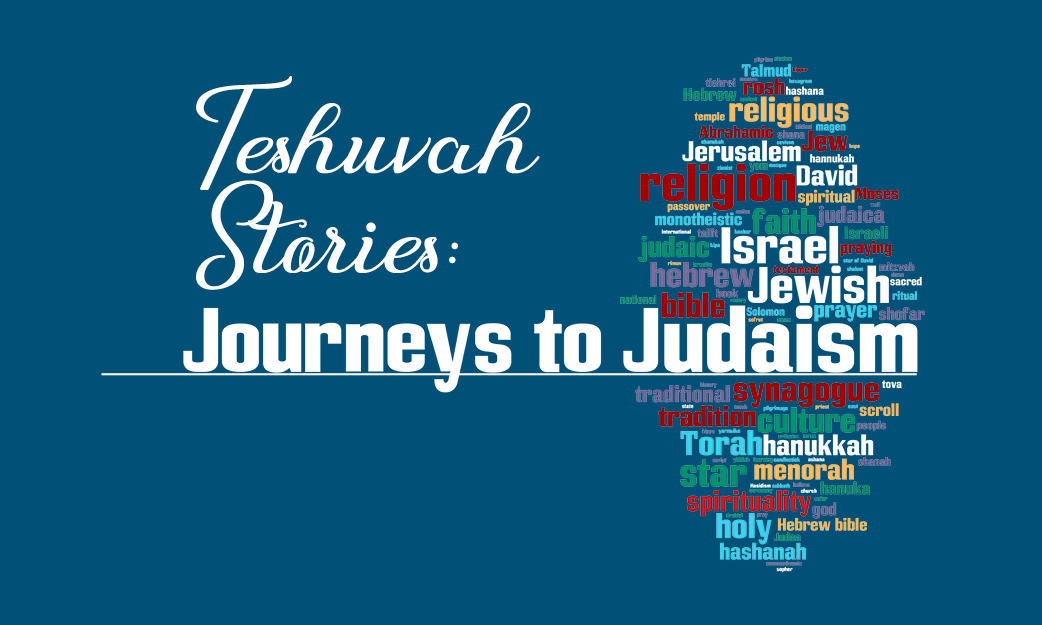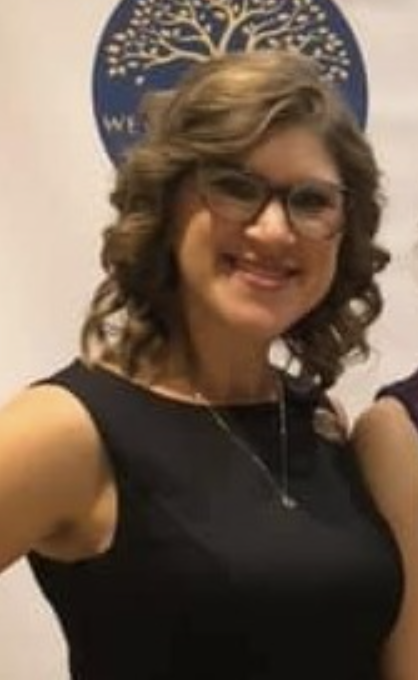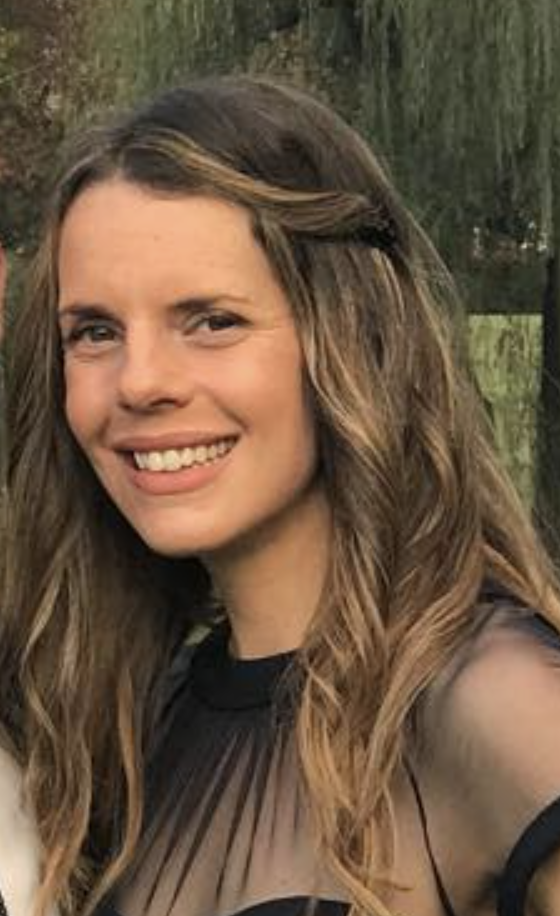Teshuvah Stories:
Journeys to Judaism
Every year, Ohef Sholom Temple hosts a three-part series to learn about fellow congregants’ stories and their Journeys to Judaism.
As we know, there are many ways to express our faith and live our Jewish lives. On three Shabbatot, volunteer speakers give us the opportunity to hear their respective stories sharing different expressions of individual and family commitments.

This Year’s Teshuvah Speakers:
September 2: Alyson Morrissey
September 23: Jillian Reynolds Sachs
September 30: Billye Brown Youmans

Alyson Morrissey

Jillian Reynolds Sachs

Billye Brown Youmans

 Ohef Sholom Facebook
Ohef Sholom Facebook Ohef Sholom Instagram
Ohef Sholom Instagram OST Religious School Facebook
OST Religious School Facebook Ohef Sholom Friends
Ohef Sholom Friends OSTY/JOSTY
OSTY/JOSTY